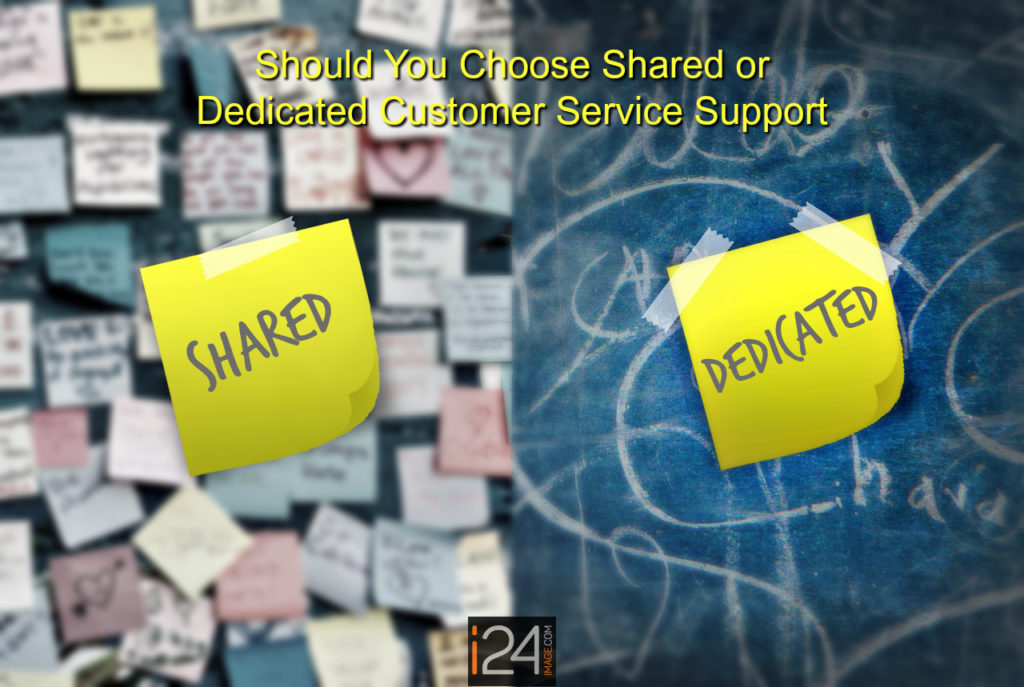
If you’ve never used a call answering service before, chances are you won’t be aware that there are two types of services available: Shared and Dedicated.
Or, if you have hired a call centre before, there’s a 90% or greater chance that the service you received was based on a Shared service model.
What is a Shared service model?
A shared service model is one where your outsourced customer support service handles calls for your company as well as other companies.
The reasons a shared service model is the most popular are:
- It provides all the basic features of a call management service provider i.e.
- Supports their customers throughout the day, after hours and during holidays.
- Responds to calls when it’s not possible for them to do so.
- Lowers their overhead.
- It fits the needs of most companies given that the level of product knowledge is general.
- The cost of a shared service is significantly lower than that of a dedicated service.
Let’s look at another service industry built on a ‘shared model’ – the courier business.
We use a courier company because we need to have packages delivered. We could buy a vehicle and dedicate an employee to the job but it doesn’t make financial sense unless we have a lot of packages that need to be expedited on a moment’s notice. So we compromise. To save costs, we opt for a service that, in the majority of the time, will get the job done with overnight delivery.
By outsourcing your calls to a call service under a shared model, your account is one of many that is handled by customer support agents and not by one dedicated person.
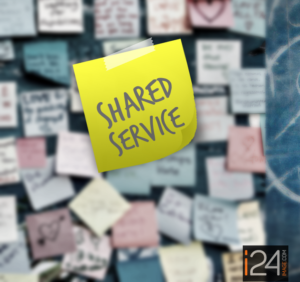
What you can expect to have included with a Shared service model:
- Low monthly cost – by sharing the call centre resources you’re reducing your monthly costs. You only pay for what you use.
- A customized service agent protocol that directs agents to respond and triage general customer inquiries.
- Tier one agent skill sets – meaning agents can handle, respond and direct any general inquiry.
- Call agents available any time of the day or night, 7 days a week.
- Call lengths of five minutes or less.
- Simple account setup.
- Emergency message dispatch if required.
- Online access to call recordings, on-call schedules, account statistics and billing details.
- A reliable, friendly and professional assistant who never takes lunch, calls off, calls in sick or takes a vacation.
- A 70/30% goal for answering calls.
(70% of phone calls are answered live. During call peaks, 30% of calls are initially responded to by an automated personalized greeting and then answered by an agent within an average of 30 seconds.)
What is a Dedicated service model?
By outsourcing your call support using a dedicated service model, you have a specialized team of agents focused solely on handling your inbound and/or outbound calls.
Your customer support agents can stay on a call as long as necessary. They will be trained to be product and service experts. They will understand and reflect your messaging, culture, product details, policies and systems. In essence, they become a remote extension of your business.
There is no 70/30% rule in a dedicated service model. Service levels are set in accordance to your requirements.
Unlike a shared service, all calls can be answered live.
The Dedicated service model comes at a considerably higher cost since you don’t benefit from ‘pooled’ resources.
For example, The average hourly cost of a “shared” customer support agent is around $.20 per hour. The average hourly cost for a dedicated agent is around $35.00 per hour.
The premium investment you make for a dedicated agent reflects the level of expertise you want your agent to have and the ability to respond to your customers “live” and immediately.
By choosing a dedicated service model, you are, in essence, hiring a remote worker but without the following human resource expenses attached:
- hiring and training costs, employee benefits, vacation, and sick days,
As well as operational costs like:
- desk real estate, telephony, computers, and administrative costs.
Besides lowering your overhead costs, using a dedicated service model allows you the ability to reduce your time managing your business to focus more time growing your core business.
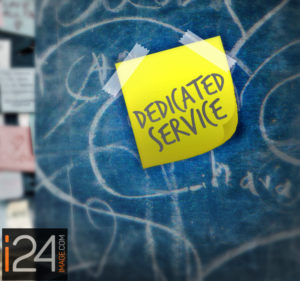
What to consider when choosing a dedicated service model:
- Do you anticipate consistent call volume, emails or chat requests on a daily basis?
- Do you have complex (tier two or tier three, consultation or troubleshooting customer inquiries?
- Do you anticipate calls that could last longer than five minutes and up to a half hour or more?
- Are you looking for agents as knowledgeable about your products or services as your own in-house employees?
- Do you want to make a very personal connection with your customers, and you’re looking for an outsourcer to emulate your brand’s personality?
- Does your budget permit you to defray the cost of dedicated service?
In the end, it all comes down to: “You get what you pay for.”
As mentioned above, a shared service model is used by over 90% of businesses. The primary reason for this is the enormous cost-saving advantage.
If you need a dedicated product or service expert to answer every customer call, then the premium price you will pay will be a good investment.
Whatever model you choose, it’s important to identify your needs before signing with a call management service.
Unless you’re intent on having a dedicated customer support agent handle your calls exclusively, a shared service will likely be your choice. That said, it doesn’t have to be a choice of one or the other. A good call management service will listen to your needs and respond by offering you the best solution.
i24 Call Management Solutions listens.
Contact us at 800-667-6767 if you have questions. We’re dedicated to being integral to your success – one call at a time.



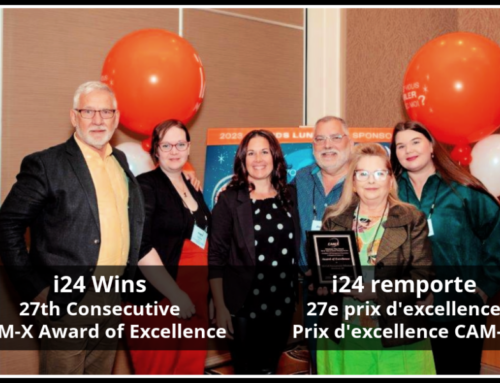

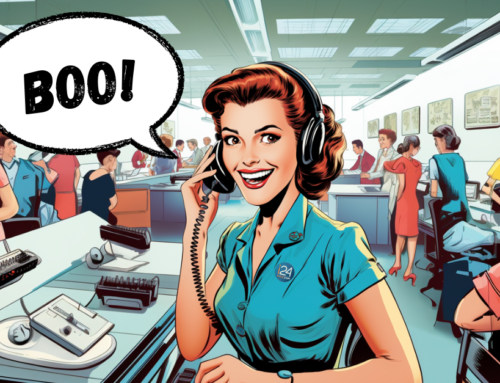

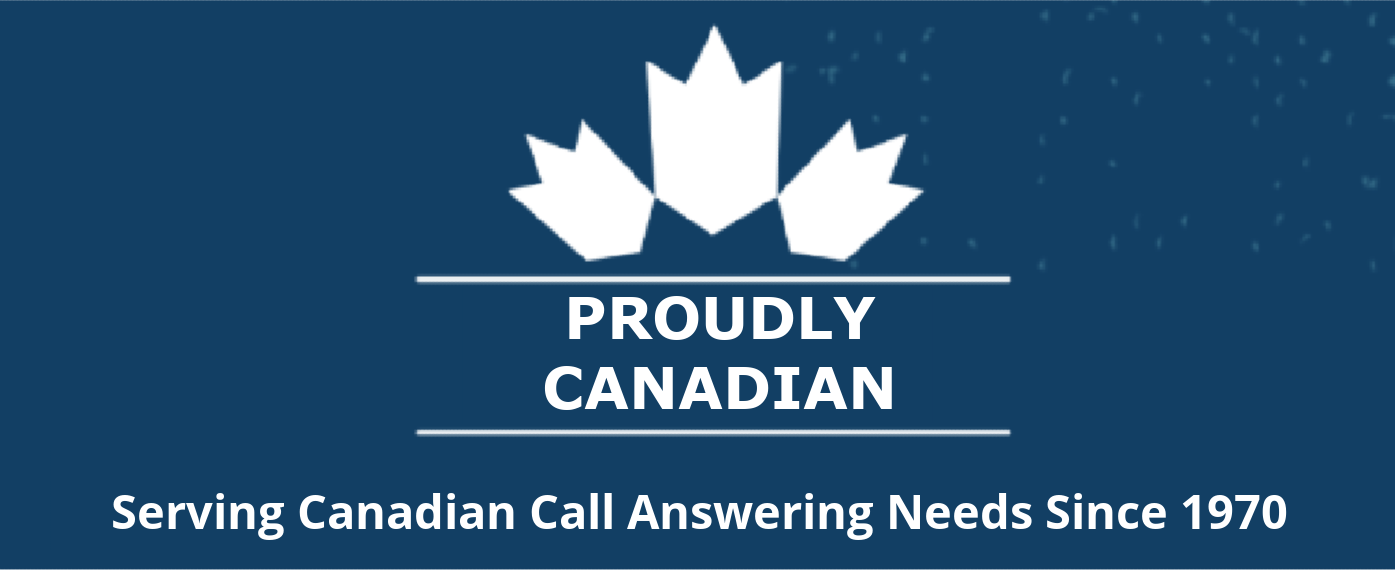



[…] Call answering services can affordably do all this because they operate on a shared answering service model. […]
[…] Should You Choose Dedicated or Shared Customer Service … […]